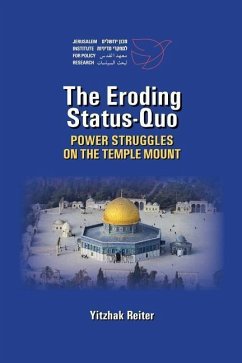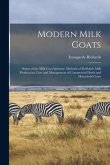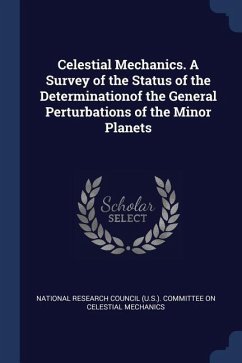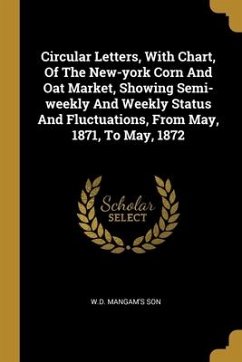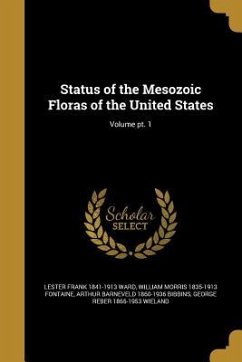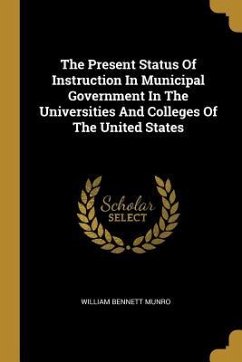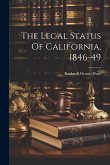This study portrays the Status-Quo that prevailed at the Temple Mount/Al-Haram al-Sharif since 1967 until it began to be eroded in stages, first in 1996 following Israel's opening of the northern exit to the touristic Western Wall tunnel, then in 2000 following the visit of MK Ariel Sharon to the site when the compound was closed to non-Muslim visitors for about three years, and the new arrangements at this holy place since it was re-opened in August 2003. Alongside with the understandings acheived thoughout the fifty years period since 1967 between Israeli authorities and the Jordanian administered Waqf the book presents the dynamics of erosion of what is termed the Status-Quo. The violent events at the holy site during 2014-2015 and the new Israeli-Jordanian understandings with the involvement of US Secretary of State are also analyzed and the author critiques the weaknesses of these understandings and makes some recommendations for adjusting them in order to prevent future similar crises. The Jerusalem Institute for Policy Research is the leading institute in Israel for the study of Jerusalem's complex reality and unique social fabric. Established in 1978, the Institute focuses on the unique challenges facing Jerusalem in our time and provides extensive, in-depth knowledge for policy makers, academia and the general public. The work of the Institute spans all aspects of the city: physical and urban planning, social and demographic issues, economic and environmental challenges and questions arising from the geo-political status of Jerusalem. Its many years of multi-disciplinary work have afforded the Institute a unique perspective that allows it to expand its research and address complex challenges confronting Israeli society in a comprehensive manner. These challenges include urban, social and strategic issues, environmental and sustainability challenges and innovation and financing.
Bitte wählen Sie Ihr Anliegen aus.
Rechnungen
Retourenschein anfordern
Bestellstatus
Storno

